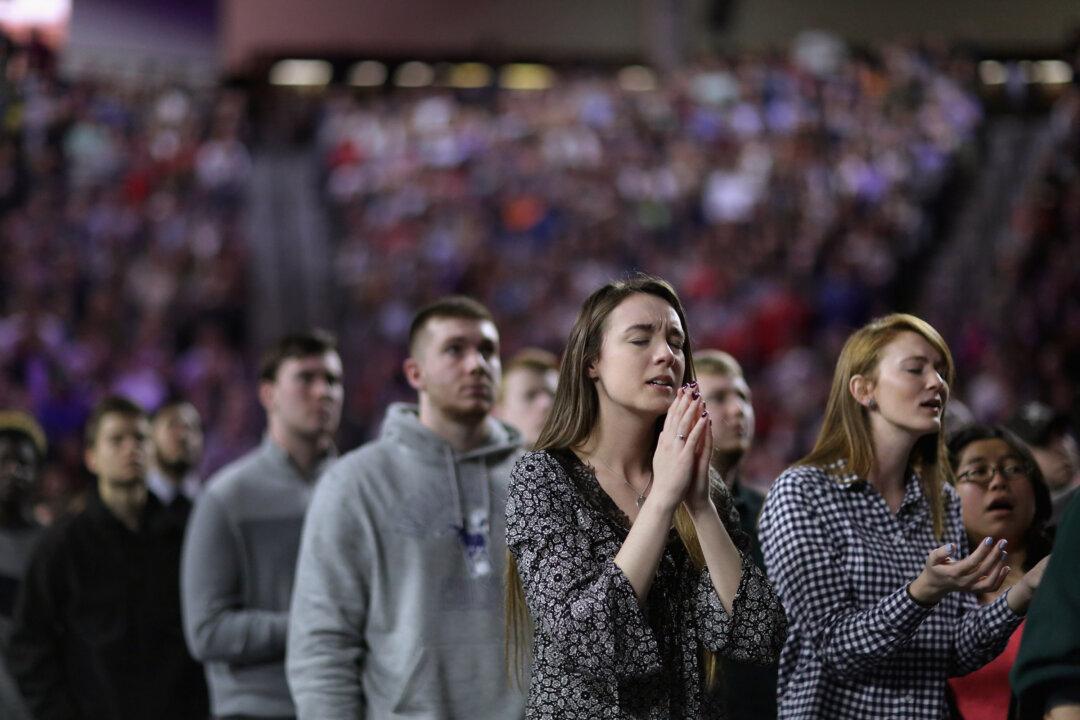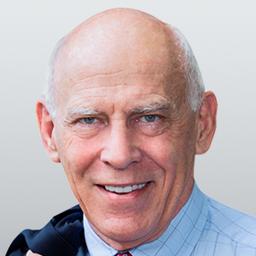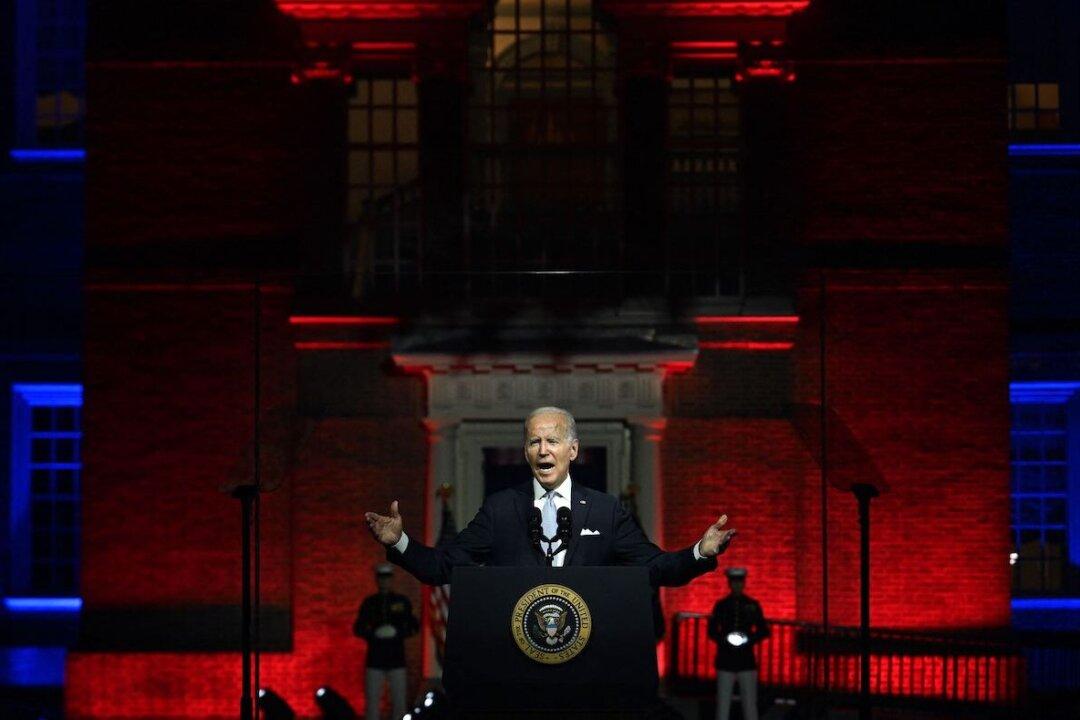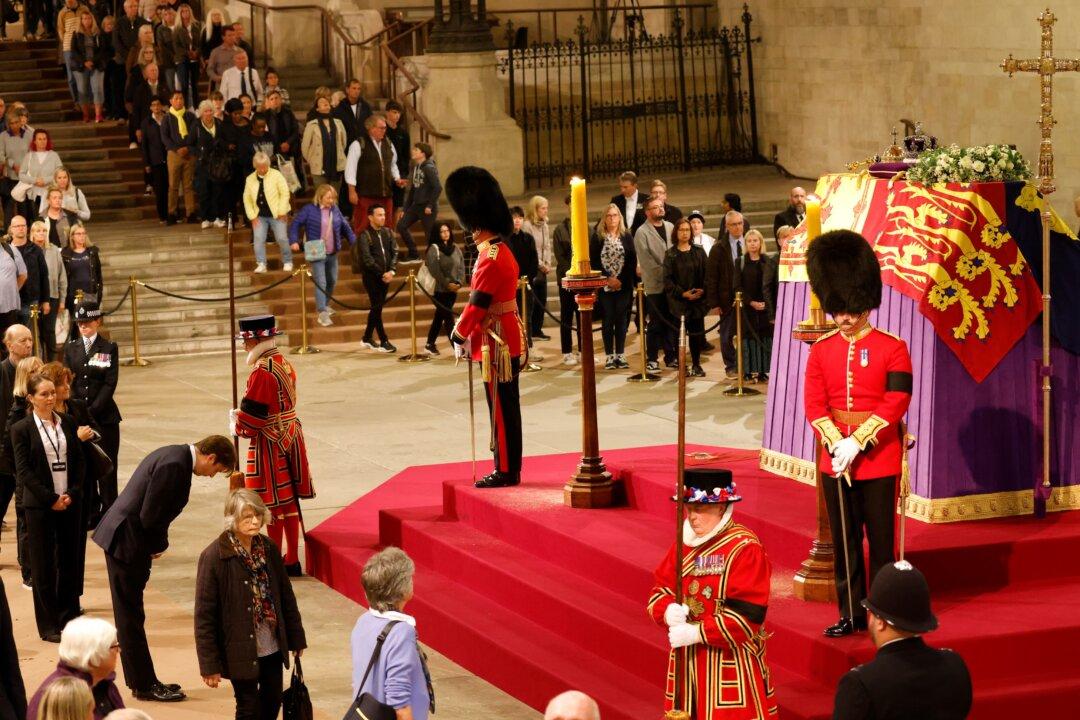Commentary
It’s not only small towns and small businesses that are threatened and ruined by LGBT activists determined to punish Christians even to the point of ruining their businesses, driving them out of careers and professions. The attack on Christians is pervasive, not just episodic, on American university campuses. And it is not just antifa or student activists of the far left who are shutting down free speech, free association, and the free exercise of religion there.





